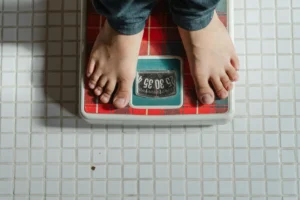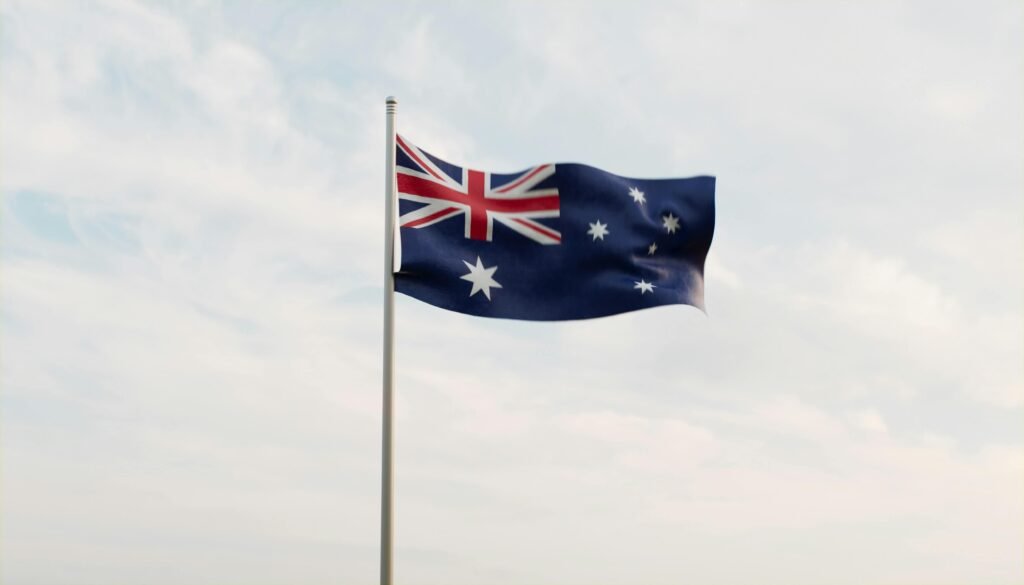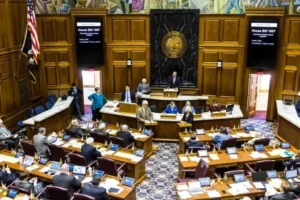Australia’s Northern Territory (NT) lowers the criminal age to allow children as young as 10 to be incarcerated again, reversing last year’s decision to raise it to 12. The newly elected Country Liberal Party won by a large margin in August and argues that this reversal will help reduce youth delinquency. However, medical professionals, human rights groups, and Indigenous organizations strongly oppose the change, citing research showing that incarcerating children does not effectively reduce crime rates. Despite these concerns, the NT government continues to push forward with its tough-on-crime approach.
The law’s disproportionate impact on Aboriginal and Torres Strait Islander children is another point of contention. Majority of the children in the NT are Aboriginal, and the territory already has an 11-fold more significant rate of child incarceration than any other in Australia. Nevertheless, the NT government thinks reducing the criminal responsibility age will enable early intervention and prevent youngsters from engaging in criminal activity.
Chief Minister Lia Finocchiaro highlighted that the new law would allow judges to address the underlying causes of juvenile offenders’ offenses and that voters favored the government’s tough-on-crime stance. To further curb juvenile criminality, her government has further tightened bail regulations. Many, however, contend that the rule is detrimental, pointing to international and Australian studies that demonstrate that locking up youngsters raises their risk of reoffending. These studies also show that these policies harm children’s health, education, and employment opportunities.
A study earlier this year by the Australian Human Rights Commission condemned “tough on crime” approaches and recommended that the government finance assistance programs instead of jailing children. Proponents worry that this ruling may impede efforts in other Australian jurisdictions to do the same, especially after the NT lowers the criminal age.










